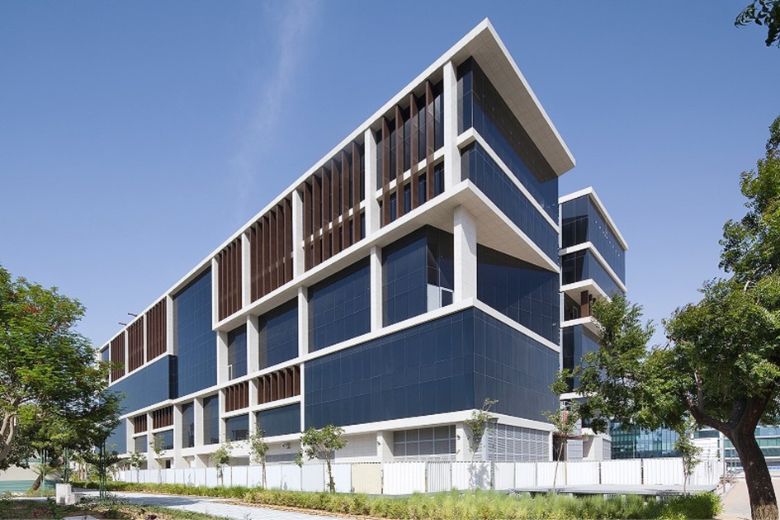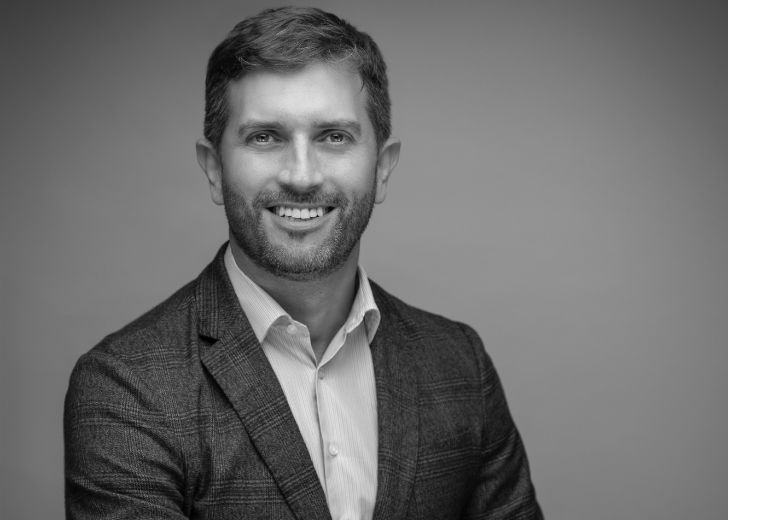Professor Dr. Tadhg O’Donovan, Deputy Vice Principal – Academic Leadership at Heriot-Watt University Dubai.
The future of work is green. As per the United Nations, there is a global shift towards a more environmentally conscious economy, with sectors such as energy, transportation, and construction embracing eco-friendly practices. This transition has the potential to generate an additional 24 million jobs worldwide by 2030, leading to a heightened demand for individuals possessing skills related to environmental sustainability.
The UAE has taken significant strides in preparing its youth for future challenges and attaining the fundamental objectives outlined in its Centennial 2071 initiative. According to the Future Skills 2030 Report from Abu Dhabi Sustainability Week, five influential factors are shaping the future landscape of jobs and skills globally. These factors include technological advancements that will unveil unprecedented opportunities, particularly in areas such as artificial intelligence (AI), robotics, automation, advanced manufacturing, virtual reality (VR), augmented reality (AR), big data, and data analysis. The worldwide push for sustainability also leads to new job categories in alternative energy and waste management.
Heriot-Watt University’s curricula are designed to instil green skills by integrating sustainability principles, offering specialised courses in sustainability engineering and renewable energy, and incorporating hands-on projects. We collaborate with industry experts, provide internships for practical experience, and adopt an interdisciplinary approach, ensuring a holistic understanding of sustainability challenges. With a global perspective, we prepare students to address international environmental issues. Our curriculum equips students with the knowledge and practical abilities to contribute effectively to a green and sustainable future.
What are Green Jobs?
What defines a ‘Green Job’? As per the International Labor Organisation, ‘Green Jobs’ contributes to reducing energy and raw material consumption, mitigating greenhouse gas emissions, minimising waste and pollution, safeguarding and restoring ecosystems, and enabling businesses and communities to adapt to climate change. There is a growing demand for green skills, surpassing the available workforce. According to the Global Green Skills Report from LinkedIn, job postings requiring at least one green skill increased by 22.4 per cent between 2022 and 2023, while the proportion of green talent in the workforce only saw a growth of 12.3 per cent. What is driving this shift? The World Economic Forum attributes it to many countries striving for net-zero emissions by 2050. Consequently, both governments and businesses are propelling the transition towards green practices. Currently, most of the green job expansion occurs in some of the most pollutant-heavy industries, such as energy and transportation, and in countries with high greenhouse gas emissions. The U.S., Germany, and India—nations that emit substantial amounts of greenhouse gases are leading the charge in green job creation.
The state of Green Jobs in the UAE
The UAE is rapidly overhauling its economy through substantial investments in sustainable ventures, including renewable energy, energy efficiency, public transportation, cleaner vehicles, and eco-friendly construction. Through the Green Economy for Sustainable Development initiative, the UAE aspires to emerge as a worldwide hub of the burgeoning green economy. The goal is to position the UAE as a global leader in this field, serving as a focal point for exporting and re-exporting green products and technologies while fostering a sustainable environment.
UAE Green Jobs Programme
In 2019, the UAE published a document titled ‘The UAE Green Jobs Program: Jobs and Skills for the UAE’s Green Economy Transformation’. This report provides insights into the existing landscape of green jobs and associated policies in the UAE. According to the findings, the count of green jobs is anticipated to increase from 49,520 in 2018 to 83,422 by 2030. While the public sector retains its significance as a critical contributor to green employment, renewable energy, waste management, and transportation sectors are expected to dominate the green jobs market by 2030.

Way forward
Establishing a clean-energy economy involves generating new employment opportunities. While some of these jobs will be in specialised fields like installing solar panels and exploring innovative building materials, the majority will be within existing employment sectors across all Emirates. Leading up to COP28, the Institute of Environmental Management and Assessment (IEMA) is taking the lead in a campaign to ensure that the upcoming negotiations in the UAE acknowledge the pivotal role that green skills and jobs will play in addressing the global climate crisis. With numerous global leaders and corporate figures confirmed to attend the event, Heriot-Watt University Dubai is dedicating two floors of its campus in Dubai Knowledge Park to serve as a Climate Hub. This hub will serve as a meeting point for participants from around the world, given the expected congregation of over 70,000 individuals in the UAE over the two-week event. Specifically, Heriot-Watt University Dubai plans to host and showcase CleanTech startups by providing them with exhibition space on campus.
Furthermore, Research Engineers at Heriot-Watt University in Dubai have launched a solar energy testing facility to assist companies in the UK and other nations in developing and testing new solar technologies. Situated on the Southwest wing of the university’s campus in Dubai, the rooftop Solar Energy Test Site takes advantage of Dubai’s abundant solar resources. This initiative is part of the university’s commitment and series of activities leading up to COP28.
As industries transition towards more environmentally friendly production methods, products, and services, the shift also presents opportunities to create ‘green jobs,’ offering economic benefits in the process.






